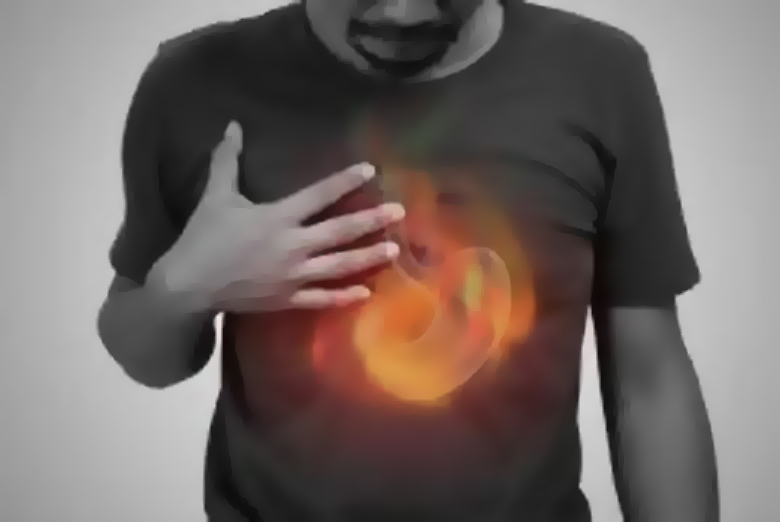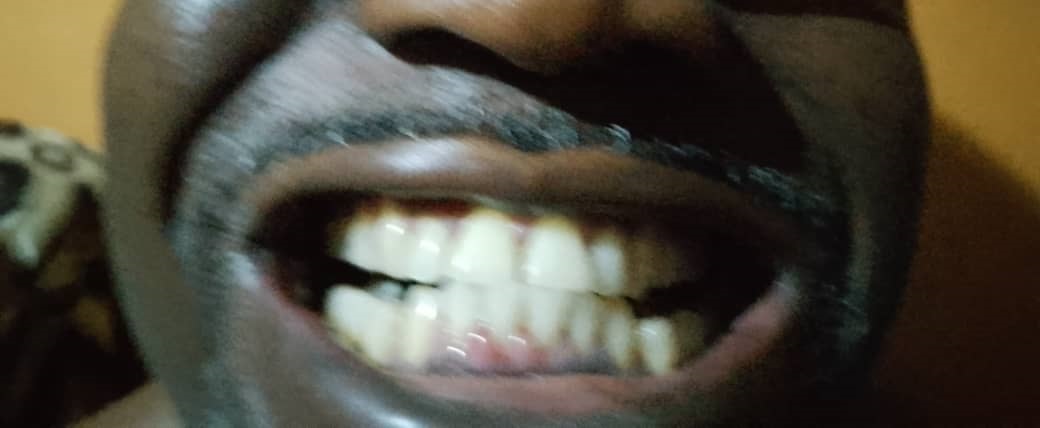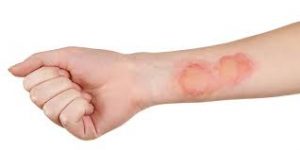
Heartburn is a common digestive condition that many people experience at some point in their lifetime. Despite its name, heartburn does not involve the heart; it is a burning pain in your chest, just behind your breastbone.
The pain is often worse after eating, in the evening, or when lying down or bending over. there is no cause for alarm. Most people can manage the discomfort that comes with heartburn on their own with lifestyle changes and nonprescription medications like antacids or by adjusting their lifestyles. Though uncomfortable, and can disrupt your normal activities, heartburn that is more frequent or interferes with your daily routine may be a symptom of a more serious condition that requires medical care.
Symptoms of heartburn include:
A burning pain in the chest that usually occurs after eating and may occur at night.
Pain that worsens when lying down or bending over.
A bitter or acidic taste in the mouth.
Causes of Heartburn:
Typically, when food is swallowed, a band of muscle around the bottom of the esophagus (lower esophageal sphincter) relaxes to allow food and liquid to flow down into the stomach, then the muscle tightens again to prevent a backward flow just like a valve. Heartburn occurs when stomach acid returns into the tube that carries food from your mouth to your stomach at the wrong time.
Heartburn that occurs frequently and interferes with your routine is considered gastroesophageal reflux disease (GERD). The treatment may require prescription medications and, sometimes, surgery or other procedures. GERD can seriously damage your esophagus or lead to precancerous changes in the esophagus.
Chronic stress can slow your digestion, keeping food in your stomach longer. The longer food stays in your stomach, the more likely you are to develop heartburn.
If you’re only experiencing heartburn occasionally, one of the following timeless strategies can help you find relief to prevent or manage heartburn.
Step away from a stressful situation and focus on breathing to minimize your stress response.
Avoid trigger foods such as acidic, fried, and caffeinated drinks.
Opt for smaller, more frequent meals to prevent overloading the stomach.
Avoid lying down immediately after meals to allow gravity to aid digestion.
Steer clear of late-night eating and maintain a balanced diet rich in fruits, vegetables, and whole grains.
Elevate the head of your bed to reduce the likelihood of nighttime heartburn.
Gum chewing increases your saliva production, which may help keep acid in your stomach where it belongs.
Over-the-counter antacids can neutralize the stomach acid and relieve the burn in seconds. This relief can last up to three hours. Keep antacids on hand for those occasional attacks of the burn.
Remember, that everybody has occasional heartburn, but if your symptoms happen more than three times per week, last for more than two weeks, or seem to worsen, call your doctor to schedule an appointment.
What is your thought about this?





















